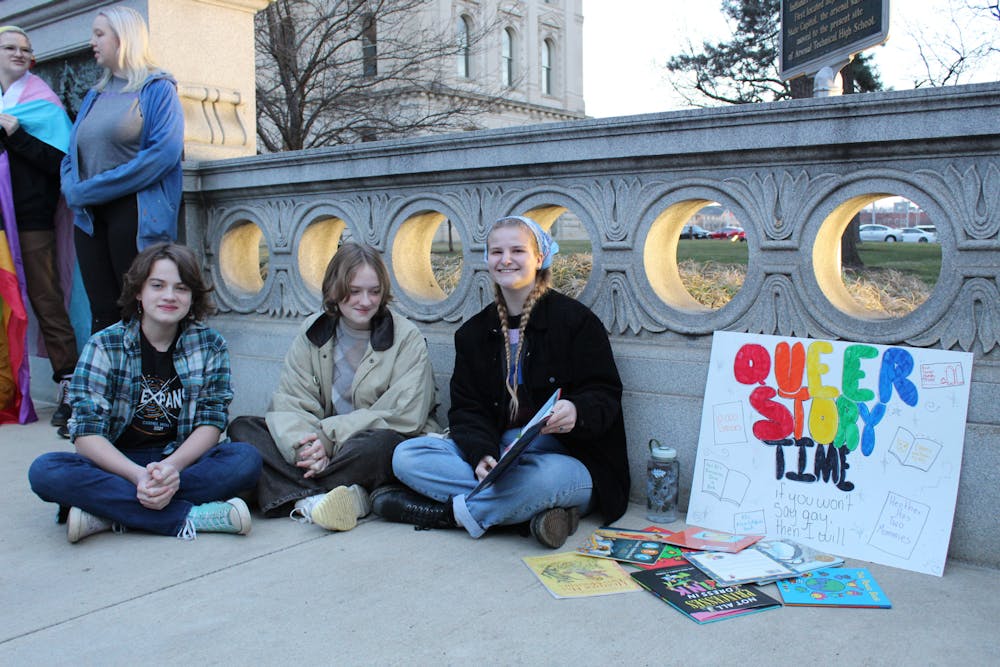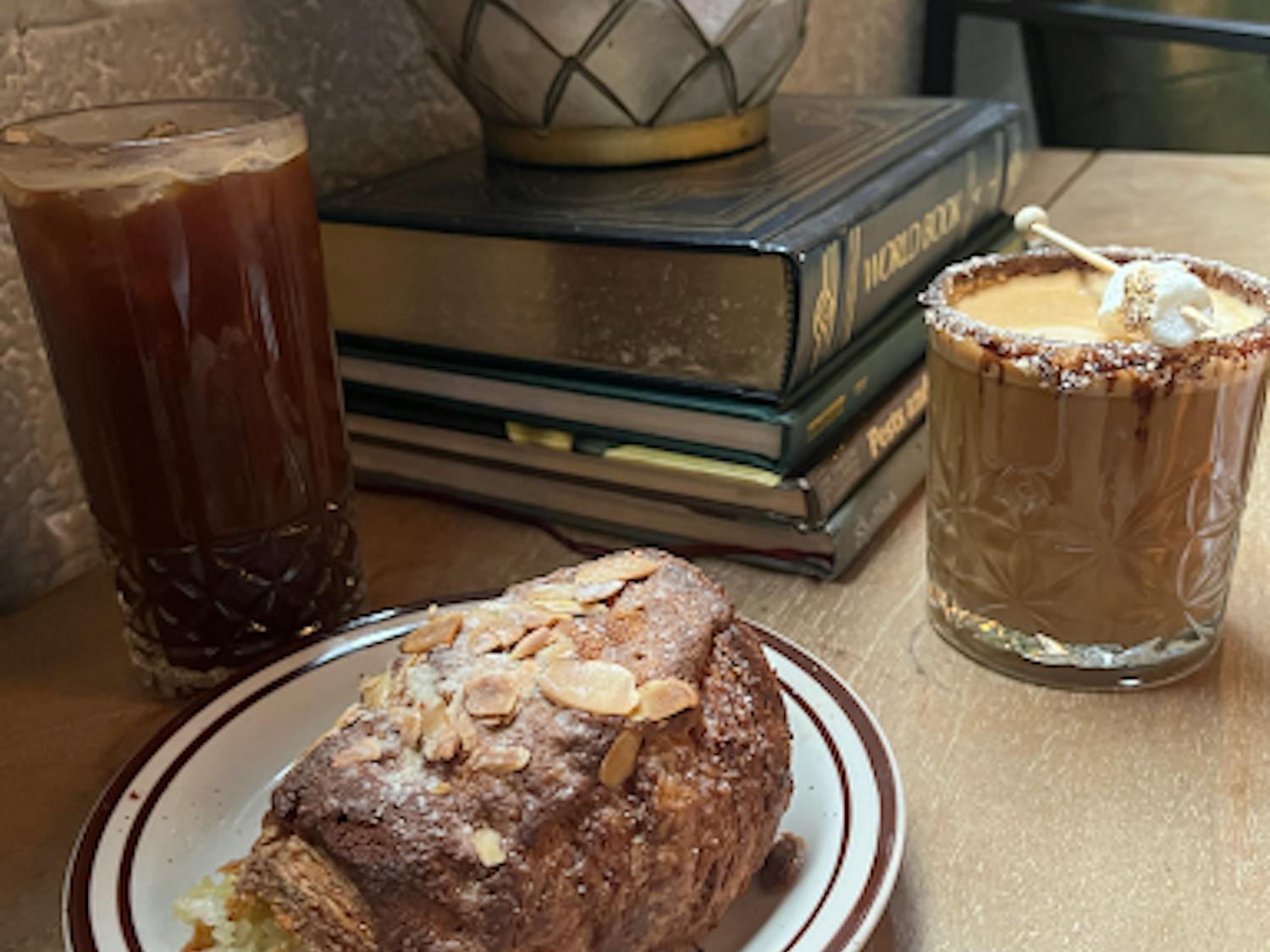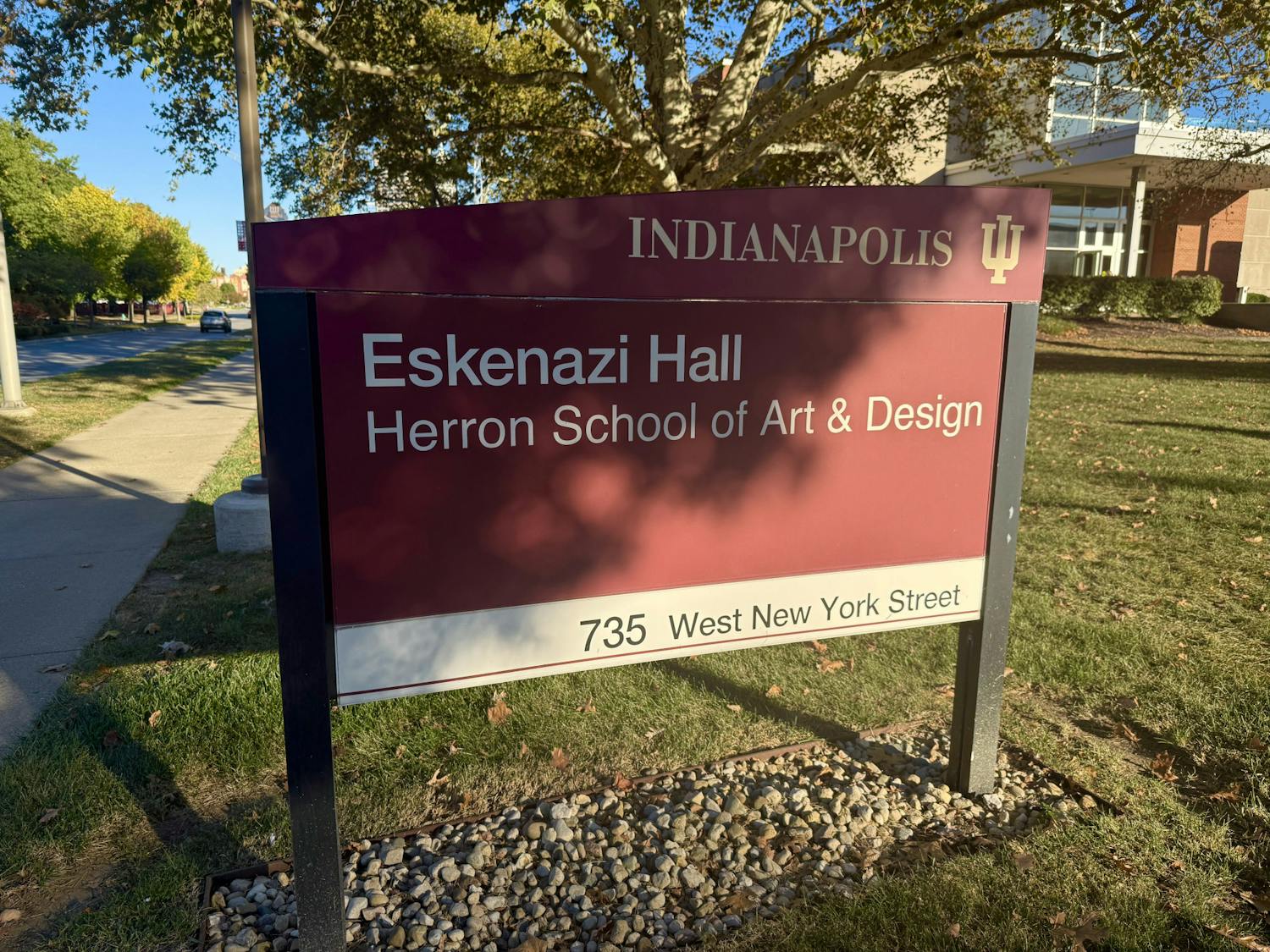A large part of what we do as students is read. From elementary school to college, reading is a fundamental part of our education. However, many states have imposed severe book bans in schools, including literature related to race, gender and sexuality. As a future librarian, I am of the mind that states should not be imposing book bans in this way, as it limits our education system.
The American Library Association is a nonprofit organization that works to educate, discuss, and advocate for libraries and librarians alike. Over the last 20 years, they have been tracking book bans across the U.S. and have advocated for freedom of information within schools.
“ALA’s Office for Intellectual Freedom documented 1,269 demands to censor library books and resources in 2022, the highest number of attempted book bans since ALA began compiling data about censorship in libraries more than 20 years ago,” the American Library Association published in a recent study.
The ALA also found that 2,571 unique titles were requested to be banned in 2022, with the vast majority being written by or about the LGBTQIA+ community, people of color and indigenous people.
When thinking about what type of material is being banned, we also have to consider how this will affect the communities they represent. I am personally of the opinion that it is directly harmful to these groups because, by banning books that represent minority groups, we are therefore silencing these voices perpetuating a close-minded view of our society.
“Anyone that identifies or aligns with any of those issues, to cut books that feature characters and topics completely out of the curriculum and say they can’t be read, I think it sends a really negative message about those students being welcome in that school and broader community,” Jason Griffith, an assistant professor of education at Penn State University said in a CNN interview.
As a queer, disabled woman, it is disheartening to see books being banned that directly reflect the perspectives of people just like me. I have spent much of my life educating others about what it is like to be in my shoes, yet we are taking the very resources away that may help them understand what it is like.
The Anti-Defamation League (ADL) is an organization that was created in 1910, whose mission is to fight against antisemitism, extremism, online hate and harassment, protect civil rights and challenge biases within society. Additionally, they advocate for unbiased education systems and facilitate hard conversations like those related to book bans.
“Books for young people should serve as both mirrors and windows to reflect and represent children and people in our society and world,” the ADL said. “This helps young people see themselves and feel valued (mirrors) and provides opportunities to learn about the experiences of people who are different than they are (windows).”
Furthermore, if I am expected to be a well-educated member of society, then how is attempting to censor my view of the world around me going to make that happen? We cannot expect future generations to make well educated decisions when they have no scope for what is really going on.
The New York Times polled their Student Opinion forum and found that, “The overwhelming majority of students were opposed to book bans in any form, although their reasons and opinions were varied and nuanced. They argued that young people have the right to read unsanitized versions of history, that diverse books expose them to a variety of experiences and perspectives, that controversial literature helps them to think critically about the world, and that, in the age of the internet, book bans just aren’t that effective.”
A student in the same article said, “Removing books about issues faced by marginalized groups is a way to ignore them, a way to minimize the issues faced by those groups and allow the banners to now have their opinion challenged.”
Students are not the only ones who have spoken out about the impact of silencing marginalized groups; teachers have also spoken out about their own experiences in the classroom and the ways that book bans affect their ability to educate their students.
“By desiring to censor it (racy material), am I pinning an ‘utter ignorance’ onto my students, already ruling out that they might bring critical perspectives and creative approaches to these materials?” English teacher Alyssa Niccolini said in The English Journal. “Commonly banned or challenged books map strikingly onto broader cultural constructions of ‘proper’ or ‘healthy’ adolescence. Exploring banned books can also offer an invigorating entry point for bringing a YL (youth lens) into the secondary classroom.”
Book bans themselves are not a new concept, but the way it is being used by religious advocacy groups, such as the Moms for Liberty, as a weapon towards minorities is a growing problem. I, as a future librarian, would be doing a disservice if I censored what kinds of materials I provided, because my role is to provide fleshed out and well rounded resources to those seeking answers, not to further political or religious agendas.
Abigail Godsen (she/her) is a sophomore majoring in Applied Information Sciences with a minor in Classics. She is a reporter, podcast co-host and Copy Editor for The Campus Citizen. When she isn’t writing, Abby likes to cook, do crossword puzzles and drink a lot of tea. She can be summoned using tea, cardigans and books (according to her roommate Jackie).





